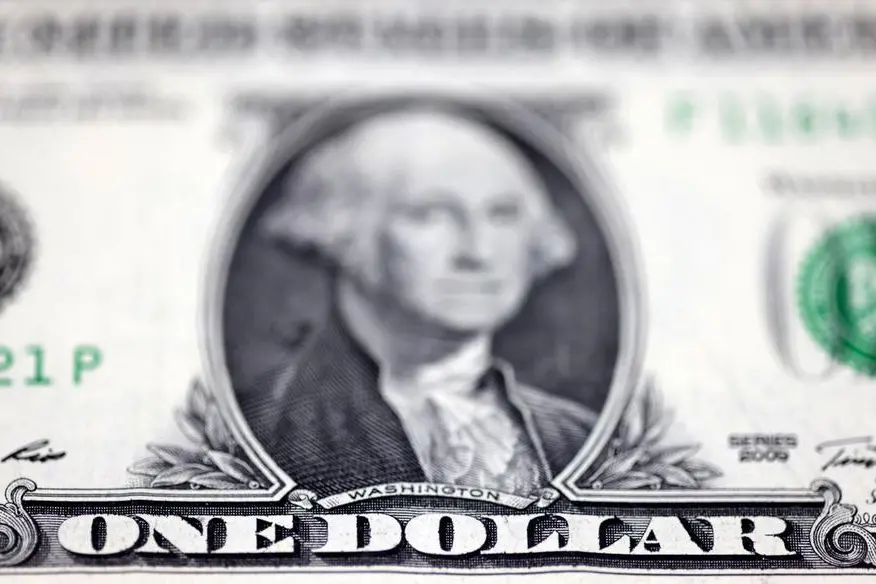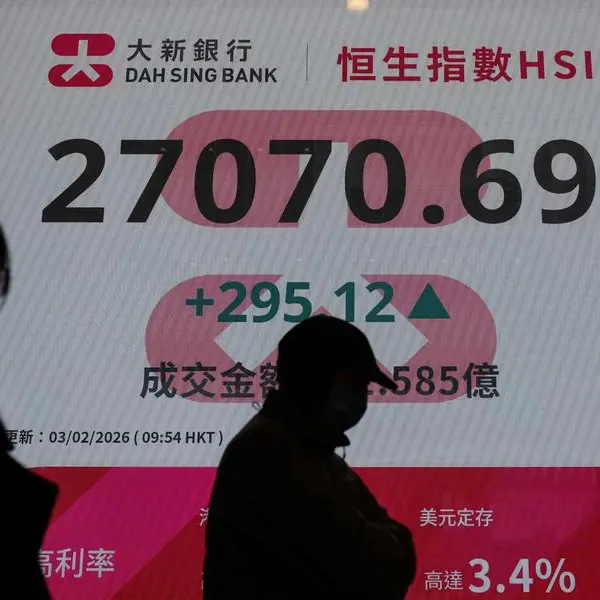PHOTO
The dollar was on the front foot on Friday, as solid U.S. economic data reinforced the need for the Federal Reserve to stay on its aggressive monetary policy tightening path and further raised the odds of higher-for-longer rates.
The greenback rose broadly overnight, though was hobbled against the Japanese yen, which has continued to draw solid demand after the Bank of Japan's surprise policy tweak earlier in the week.
Sterling was just a touch higher at $1.2038 having slumped to a three-week low of $1.1993 overnight.
The euro edged up 0.01% to $1.0601, with the single currency under broad pressure recently due to a combination of weak eurozone growth, the Ukraine war and the Fed's hawkish policy path.
The number of Americans filing new claims for unemployment benefits increased less than expected last week, pointing to a still-tight labour market, data released on Thursday showed.
A second report also on the same day confirmed that the U.S. economy rebounded in the third quarter after contracting in the first half of the year, and at a pace faster than previously estimated.
"The market continues to bounce around on thoughts of what the Fed's going to do next," said Jarrod Kerr, chief economist at Kiwibank.
"The market's in an interesting predicament at the moment, sort of trying to figure out when the last rate hike is, and at what level."
Against a basket of currencies, the U.S. dollar index stood at 104.35.
BOJ SURPRISE
The yen was marginally lower at 132.39 per dollar on Friday, but was on track for its third largest weekly gain this year of more than 3%.
The BOJ's surprise tweak on Tuesday to allow the 10-year bond yield to move 50 basis points either side of its 0% target, wider than the previous 25 basis point band, has provided strong momentum for the previously sliding yen. The central bank's move has ramped up market expectations that it could be a prelude to the full abandonment of its yield curve control policy.
Data released on Friday showed that Japan's core consumer inflation hit a fresh 40-year high of 3.7% in November, as companies continued to pass on rising costs to households.
"Japan's inflation figures will be closely scrutinised from here on," said Carol Kong, a currency strategist at Commonwealth Bank of Australia.
"Inflation trends in Japan have definitely improved a lot over the past couple of months, and I think markets are increasingly expecting further moves from the Bank of Japan."
Minutes of the BOJ's October policy meeting released on Friday showed that some policymakers called for the need to be mindful of how a future exit from ultra-low interest rates could affect markets and households' mortgage rates.
In other currencies, the Aussie was 0.09% higher at $0.6675, after falling 0.6% overnight. The kiwi fell 0.7% overnight and touched a three-week trough of $0.6231. It was last 0.03% lower at $0.6246.
Elsewhere in Asia, the Chinese offshore yuan rose slightly to 7.0038 per dollar.
Russia will start buying yuan on the currency market next year if oil and gas revenues meet expectations, two sources told Reuters, opening a new front in an accelerating dedollarisation drive designed to reduce its dependency on Western finance.
(Reporting by Rae Wee Editing by Shri Navaratnam)





















